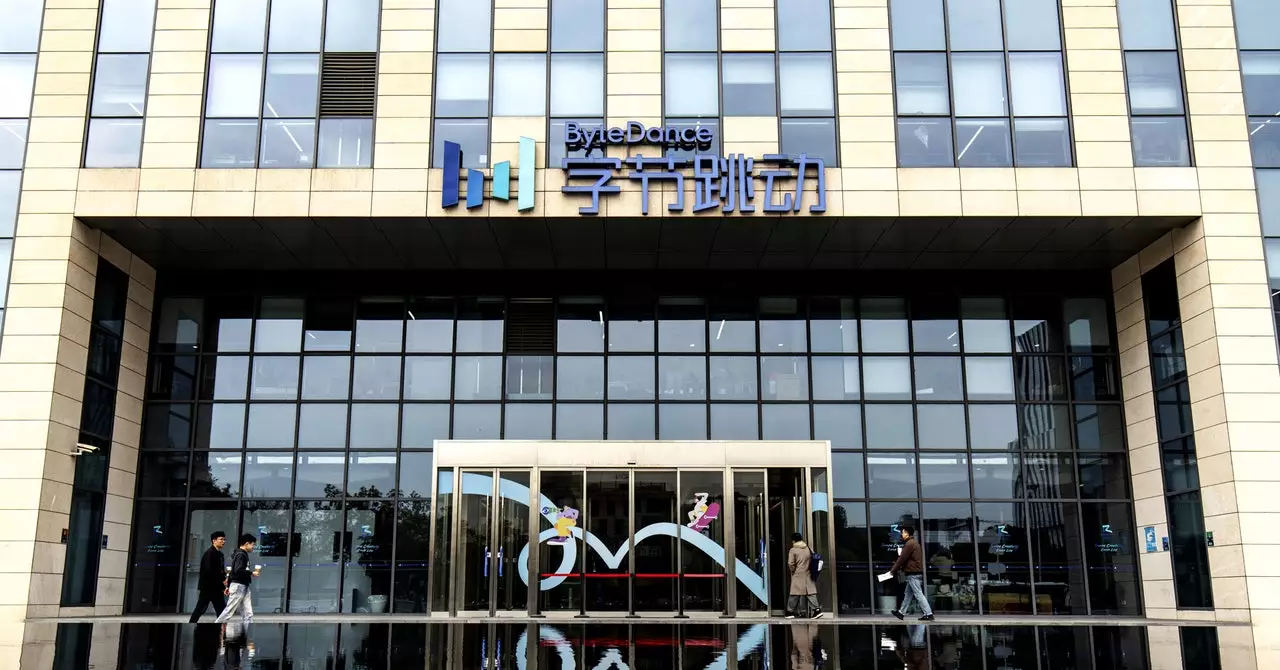This week, the AI community found itself embroiled in a heated debate following the announcement that Keyu Tian, a former intern at ByteDance, received a prestigious Best Paper Award at the Neural Information Processing Systems (NeurIPS) conference. The recognition comes despite allegations of professional misconduct against Tian, raising questions about the integrity of the award process and the ethical responsibilities of academic institutions. As the largest gathering of machine-learning experts globally, NeurIPS is expected to maintain a standard of excellence, making Tian’s recognition a controversial one.
Understanding the Paper and Its Significance
Tian is credited as the first author of the paper “Visual Autoregressive Modeling: Scalable Image Generation via Next-Scale Prediction,” which suggests a novel approach to AI-generated imagery, claiming improvements in speed and efficiency over previous methodologies. Such technological advancements are undoubtedly critical in the rapidly evolving AI sector; however, the timing of the award dovetails with serious allegations against Tian related to sabotaging colleagues’ work at ByteDance, leading to widespread discomfort within the research community about the meritocratic ideals they uphold. The juxtaposition of his academic success and the alleged misconduct casts a long shadow on the integrity of recognized work.
Community Outrage and Response
The award prompted an outcry from various researchers and observers who argue that NeurIPS should have adhered to stricter ethical assessments in awarding research. Prominent voices, such as Abeba Birhane from Trinity College’s AI Accountability Lab, have publicly criticized the decision, contending that it undermines the values of the very conference that hosted the award. Birhane’s comments encapsulate a growing frustration within the field regarding the emphasis on scientific merit over ethical considerations, suggesting a need for reevaluation of priorities in scholarly recognition.
In response to the backlash, a spokesperson for NeurIPS elaborated that the award was based strictly on the scientific quality of the paper, to ensure impartiality through a blind review process. Nevertheless, the insistence on maintaining a dichotomy between the recognition of the paper itself and its authorship raises pivotal questions about accountability in academic publishing and the implications of overlooking alleged misconduct. If the research community does not hold its members accountable, it risks losing credibility and the public’s trust.
As discussions continue, there is an urgent need for conferences like NeurIPS to promulgate clearer ethical standards and establish protocols for handling cases of misconduct among authors. Drawing a line between groundbreaking research and responsible behavior is essential if the community is to foster an environment of trust, collaboration, and integrity. The events surrounding Tian’s award may serve as a pivotal wake-up call, pushing for advancements not only in AI technology but also in the ethical framework guiding AI research. The stakes are high, and the conversation must evolve if the field aims to maintain its reputation while nurturing innovation.


Leave a Reply
You must be logged in to post a comment.